
Get Quick Approval on Loans
with Finwiz
Fast, Reliable, and Affordable Loans to Meet Your Needs
Our Providers
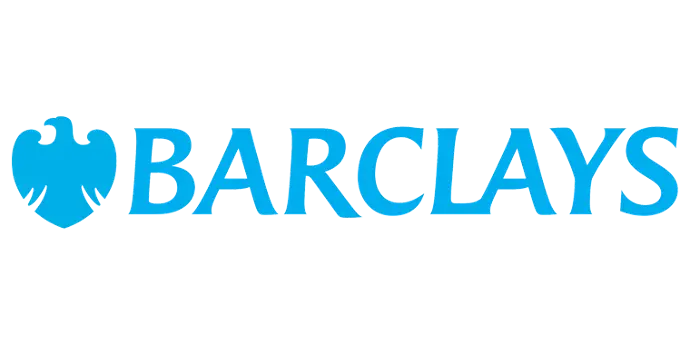

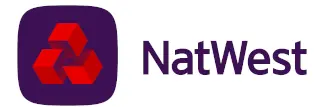

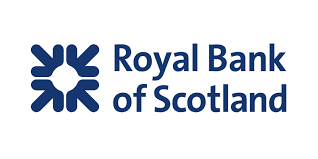



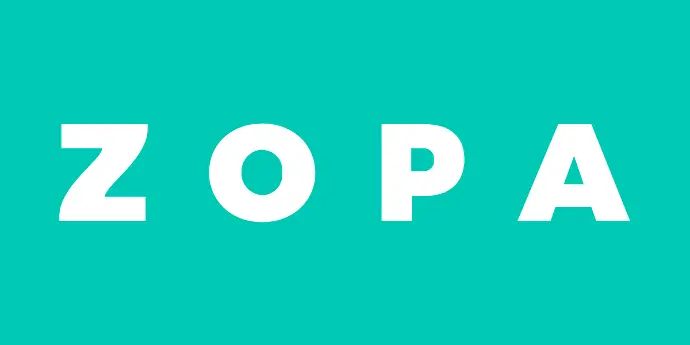

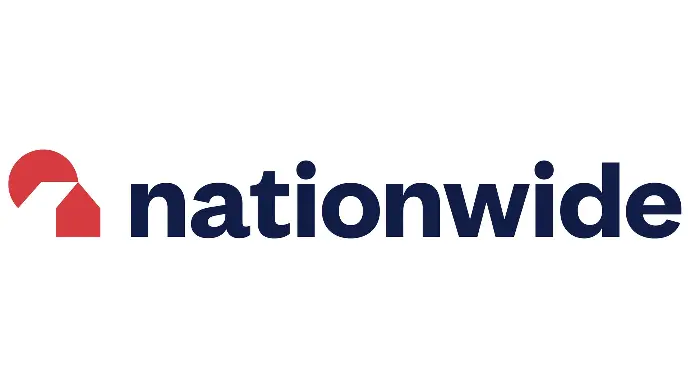





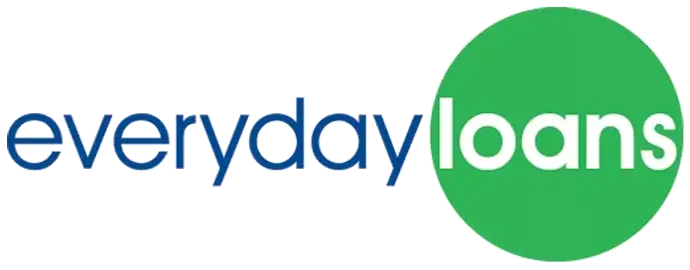
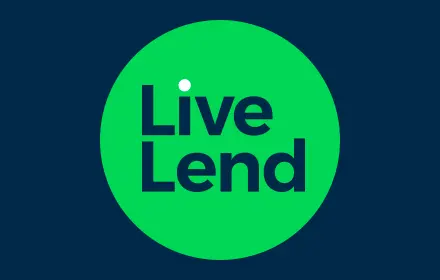
Why us?
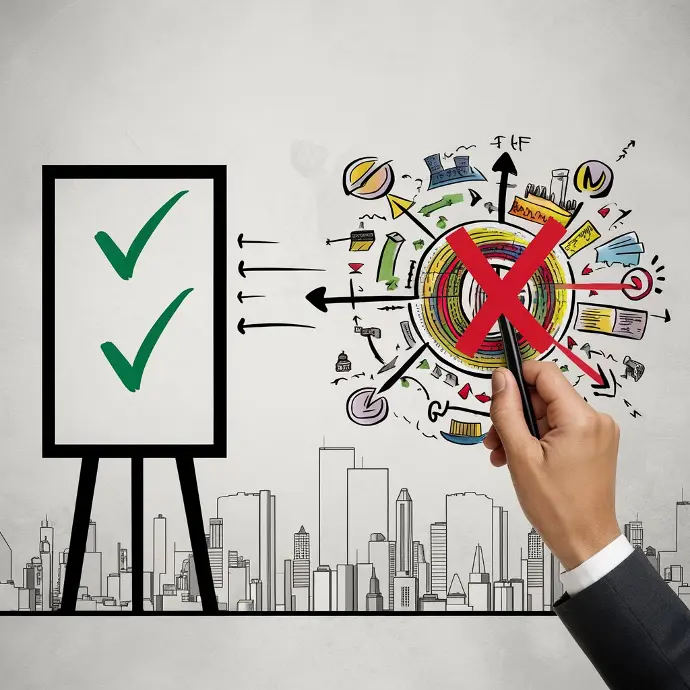
Competitive Rates
Enjoy some of the lowest interest rates in the industry with Finwiz, ensuring that you get affordable monthly payments and save money over the life of your loan.

Quick Approvals
Get your loan approved in as little as 48 hours with our streamlined application process, designed to provide you with fast access to the funds you need.

Secure and Private
Your personal and financial information is safe with Finwiz. We use advanced encryption and security measures to protect your data and ensure your privacy.
How do loans work?
A loan is an advance of cash, which you repay to the lender over time with interest. Although there are more flexible options, most loans have a defined amount and are repaid over a predetermined period of time.
Certain loans are intended to cover particular situations, like:
- Purchasing real estate
- Purchasing a vehicle
- Renovating a house
- Launching a company
You are in charge of paying back the loan balance in addition to any interest and other costs assessed by the lender when you take out a loan. Typically, during the loan payback period, you are not permitted to take out further loans.
What types of loans can you get?
Secured loans
Loans that are secured by an asset are known as secured loans. The lender may seize the asset to cover the payment if you are unable to repay the debt. Secured loans include mortgages and auto loans.
Long-term borrowing is usually done with them; some loans are made for up to 40 years. Because of the interest, this may lower your monthly payments, but it also increases the loan's lifetime cost.
Unsecured loans
Personal loans, commonly referred to as unsecured loans, don't need you to give the lender any further security. Two of the main things that lenders look at are your credit score and financial circumstances.
This implies that compared to a secured loan, you probably won't be able to borrow as much money with a personal loan.
Additionally keep in mind that rates can range throughout various loan kinds, so when comparing loans, it's critical to know what to look for.
Apply NowOther types of loans you could have
You can use vehicle loans, which are unsecured personal loans, to purchase an automobile outright. This implies that you will still be required to make loan payments until the debt is paid off even if the car is sold, written off, or stolen during the loan's terms. On the other hand, your car will not be repossessed if you are unable to make your payments.
Car finance, which is backed by the vehicle you purchased, is not the same as auto loans.
Automobile financing refers to a secured loan used to buy a car.
Unsecured loans for debt consolidation are used to settle more costly debt that you currently owe. For instance, you could get a loan to settle your credit card and overdraft balances.
They can lower interest rates, lower your monthly repayment obligations, and facilitate better money management.
However, the terms of debt consolidation loans are typically less flexible than those of credit cards and overdrafts. This implies that it can cost you more money overall and take longer for you to repay.
Unsecured loans for those with a troublesome credit history are known as personal loans for bad credit.
Because the lender has no collateral and could be worried you won't pay back what you owe, even low interest loans for bad credit are more expensive than a regular loan.
A low credit score can result from a variety of factors, such as:
- Lack of credit history due to never having had credit or being foreign-born
- Not making payments on time or in default
- Not having a voter registration
With guarantor loans, borrowers with poor credit can obtain credit by designating a close friend or relative as a guarantor. If you are unable to repay the loan, the person you designate will be responsible for doing so.
Although guarantors and their assets—if they own real estate, they must have at least 50% equity—serve as security for guarantor loans, which are technically unsecured.
Key Factors to Consider When Evaluating Loan Options
APR
Annual Percentage Rate (APR) is the total annual cost of borrowing money, including interest and any additional fees.
Repayment Period
Repayment is the act of paying back a lender the money you've borrowed
Fixed / Variable Rate
Which rate is applicable on your loan, is it fixed or variable
Application Time
Application time is most important part in your loan process to fulfil your financial needs on time
FAQs for loan
The annual percentage rate, or APR, is one of the most crucial factors to consider when searching for the best loan offers.
Included in the APR are any additional fees, such as setup costs, and interest. For a certain loan amount, your repayments will increase with an increased APR.
APRs on guarantor and bad credit loans are greater than those on regular personal loans. They are therefore a costly form of borrowing money.
Payday loans are the highest APR, frequently exceeding 1,000%, but they are given for modest sums of money and for a short time. This indicates that they are more expensive than many other forms of financing and are rarely appropriate for larger projects.
Unsecured personal loans often have repayment terms of one to seven years. For secured loans, they may be lengthier. For instance, a 25-year initial mortgage term is typical.
Monthly repayments for loans with longer terms are lower. However, the longer you delay to pay back your loan, the more interest you will accrue.
Verify whether your loan has a variable or fixed interest rate. A fixed rate loan can be a better option for you if you would rather know exactly how much you have to pay each month.
Although variable rates may initially be less expensive, there is a chance that their cost could increase at any time and at the lender's discretion.
The length of time it takes a lender to review your application for credit varies. Usually, it lasts anywhere from a day to a week. If there are issues with your application, it can take longer.
Before you apply, eligibility checkers let you know which loans you have the best chance of getting approved for. They merely perform a "soft search" on your credit file, which has no effect on your creditworthiness because it is hidden from lenders. Usually conducted when you apply for a loan, a hard search leaves a trace that other lenders can see. If numerous applications are filed in a short period of time, this may affect the rates you are offered or result in your complete rejection because it may give the impression that you are desperate for money
If your credit history is bad or you don't fit the lender's requirements, you might not be approved for a loan. Even in these situations, there's no guarantee that you'll be approved for a personal loan despite having low credit.
It is customary to review your credit report before to submitting a loan application. It allows you to double-check your work and steer clear of loan applications that you'll probably get turned down for.
Rejected applications have the potential to severely harm your score and credit report.
If you have been turned down for a loan in the past, you can apply for one that is better suited for you. However, a large number of applications submitted quickly will reflect negatively on your credit record.
If you are unable to obtain a loan on your own, a guarantor loan can be a possibility.
A credit card is yet another option in place of a loan. There are specific credit cards for people with poor credit, just like there are loans.
Make every effort to reduce your expenses and settle your current debts. Naturally, that might not always be feasible.
A loan won't help your situation; it will just make your bills worse. You can organise your money with the aid of debt charity like Citizens Advice or Step Change.
Applying for a loan online is simple. Just click on the "Apply Now" button, fill out the online application form with the required details, and submit your application. Our team will review your application and get back to you with the next steps.
The documents required for a loan application typically include proof of identity (ID card, passport), proof of address (utility bill, lease agreement), proof of income (pay stubs, bank statements), and any other documents specific to the type of loan you are applying for.
Loan approval times can vary, but typically it takes between 24 to 72 hours for a decision to be made once we receive all the required documents and information. We strive to process applications as quickly as possible.
Eligibility criteria may vary depending on the type of loan. Generally, you need to be at least 18 years old, have a stable income, and a good credit history. Specific criteria will be detailed in the loan application section.
Your options are limited if you have terrible credit, but you might still be able to obtain a personal loan. You may wish to think about:
Guarantor loans: : Loans where a friend or relative agrees to serve as a guarantor are known as guarantor loans. The guarantor will be responsible for repaying the loan if you are unable to. Asking a loved one to be a guarantor is a big financial ask, so you should only do it if you are sure you can pay back the loan without negatively affecting them.
Bad credit loans: You can still apply for these loans even if your credit isn't the best. Nonetheless, compared to typical unsecured loans, these loans typically have far higher interest rates.
Another option is to look into secured loans, which link your loan to an asset like a house or vehicle. The bank or lender may take possession of the asset to recover the loan if you are unable to repay it. If you have any doubts about your ability to pay back a loan, you should never take it out.
Recall that each loan application appears on your credit record, and submitting too many at once may have unfavourable effects. For this reason, doing a "soft credit check" to determine your loan eligibility makes sense. In this manner, you can learn about the types of loans for which you are most likely to be approved without incurring any negative credit reporting.
Making all of the monthly payments due on an unsecured personal loan is crucial. If you don't, your credit score can suffer for years to come, and you might have to pay a fee and interest on any overdue payments.
In the worst circumstances, failure to repay an unsecured personal loan may result in the issuance of a county court judgement (CCJ) or the need to file for bankruptcy, which can cause ongoing financial difficulties.
If you can, you might be tempted to repay your debt early. On the other hand, unsecured personal loan providers get paid by charging borrowers a predetermined interest rate for a predetermined amount of time. They forfeit interest if they make early repayments.
Due of this, many lenders impose penalties and fines for early repayment. You will be responsible for paying penalties if you choose to pay back your personal loan before the prearranged period expires. Read the fine print because some lenders won't charge you for this. You might be better off repaying the loan earlier even with the early repayment penalties.
You have 14 days after taking out a personal loan to determine if you still want it or not. This is applicable only to loans under £60,260. The loan agreement must be signed in order for the 14 days to begin, or it may begin on the day you receive a copy of the agreement.
If you decide to cancel, you will only be charged interest for the period the loan was in your account; any additional costs will be reimbursed. You will have up to 30 days to repay the money you borrowed. You will have to reimburse any money you have already spent.